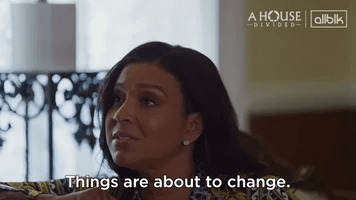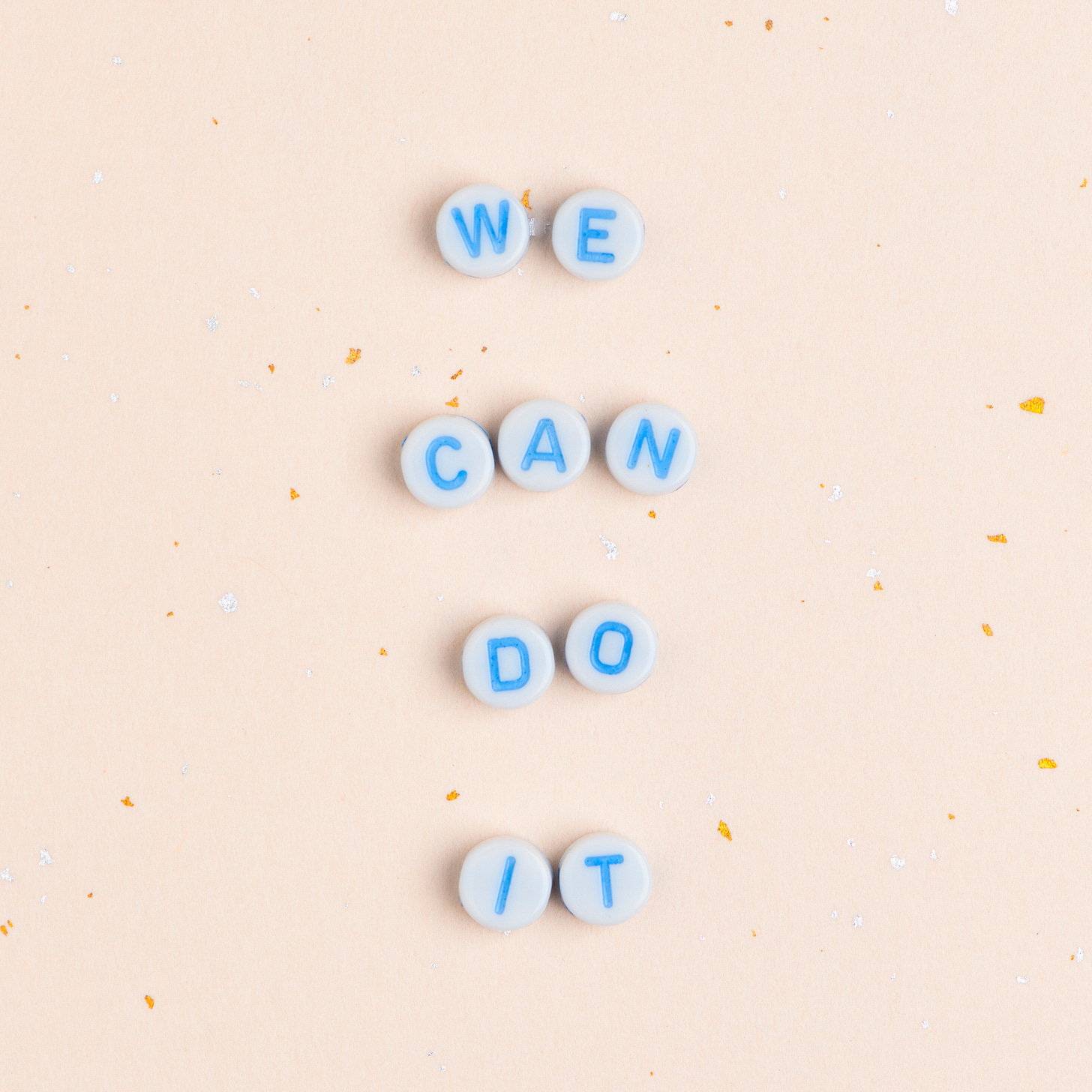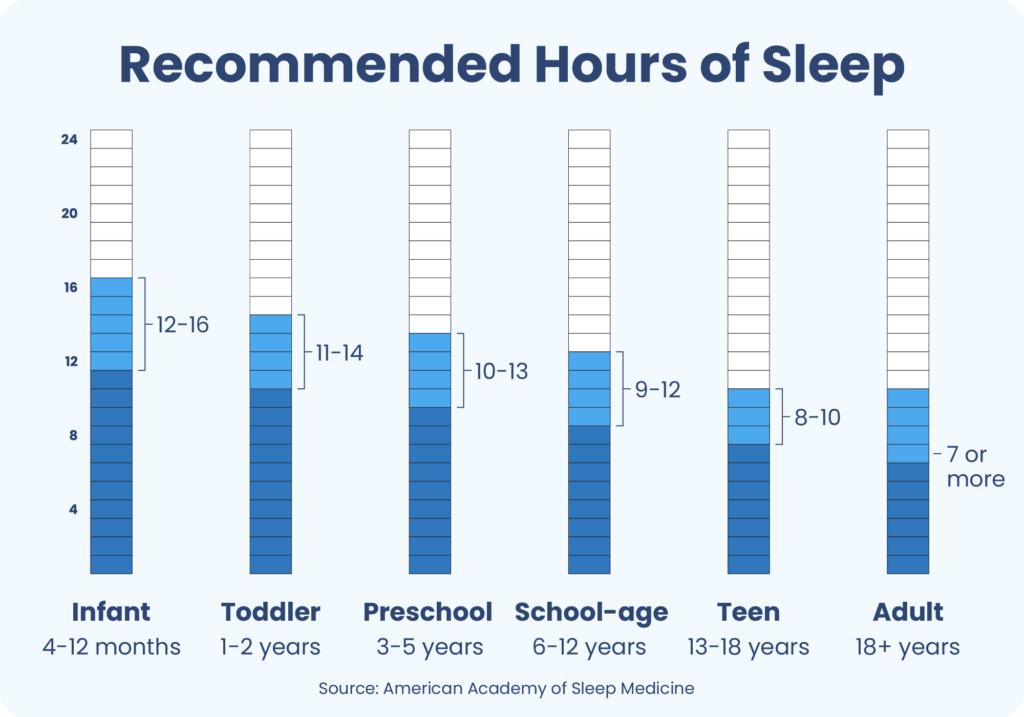How did you start 2025?
Let's talk about sleep
Happy New Year! Better late than never, right? For many reasons, the typically slow January has been busy for me. So, I was wondering, how has the start of your year been?
Let me take you on my journey through the first month of 2025. I've been on a mission to reclaim my sleep quality.
Like many of you, I, too, found my sleep disrupted in December 2024. Work, a hint of undiagnosed SAD (we’ll get to that someday 😂), and a bit too much time spent on hobbies left me entering 2025 in a sleep struggle. As we all know, sleep is crucial for our daily functioning. But just how crucial? That’s what I want to delve into today. I've done some research, and let’s say changes are on the horizon.

Poor sleep and sleep quality
While it’s common to track the hours we spend in bed, the Sleep Foundation rightly emphasises that the key is the quality of our sleep, not just the quantity.
Quantity is just that- how long you spend “sleeping”. But you should be aware that your sleep isn’t of the best quality if you’re having any of these-
Taking longer than 30 minutes to fall asleep when lying in bed
Waking up more than once through the night
Lying awake in bed for up to 20 minutes or more after waking
Problems with energy, concentration or other cognitive functions during the day
Feeling more stressed, angry, emotional, or having more junk food cravings than usual
Many things can make our sleep quality poor: stress, stimulants like alcohol and caffeine, drugs, illnesses and so on. Anyone who has been formally diagnosed with insomnia also struggles with their sleep more regularly than the rest of us.
So, what is the recommended amount of sleep for an adult? Well, come with me for a quick chuckle.
Sleep recommendations
Experts say that quality sleep for adults is sleep lasting at least 7(SEVEN) hours per night that is characterised by
Falling asleep within 30 minutes of getting into bed
Sleeping through the night/not waking more than once during the night
Feeling restored and refreshed following sleep
Being able to sleep the recommended amount for your age group. (Source: Sleep Foundation)
Now let's address the elephant in the room. Who really has the time to clock in a solid 7 hours of sleep? If you're one of the few who can, I applaud you. But for most of us, squeezing in a full 7 hours is a challenge. At best, I’m usually able to do 6-and-a-half hours. I know you’re thinking, 'It’s just 30 minutes', but those 30 minutes can make a world of difference in our daily routines. I understand the struggle, and I'm here to help you navigate it.

OK, now that my lamentation is over. Why is 7 hours the minimum recommended amount of sleep for adults? What benefits are the roughly 15% of adults (who get the recommended amount of quality sleep 5 nights a week) having that I miss out on? It turns out quite a bit.
Cons of Poor Sleep
Scientists have uncovered an interesting fact about our bodies and sleep. Instead of adapting to needing less sleep, our bodies accumulate “sleep debt." This debt is our bodies' way of keeping track of all the sleep we've missed, trying to 'balance the sleep books'
It turns out that the effects of poor sleep are some of those things we don’t immediately notice but may have to deal with. Poor sleep has a compounding effect on our physical and mental health.
On physical health
Sleep has a complex relationship with physical health. Research has found that not getting enough sleep increases our risk for weight gain/obesity, heart disease, diabetes, injuries, and even weakened immunity. These effects are not immediately apparent, but the more sleep-deprived we are, the more we put ourselves at risk. For instance, lack of sleep can disrupt the balance of hormones that control appetite, leading to overeating and weight gain. Similarly, it can affect the body's ability to regulate blood sugar, increasing the risk of diabetes. These are just a few examples of how poor sleep can significantly impact our physical health.
On mental health
It’s relatively obvious how sleep affects our mental health. When we get enough sleep, we feel more relaxed and energetic; when sleep-deprived, we feel grumpy and emotionally frazzled. But that’s not all.
Sadly, insomnia can be a symptom of an underlying mental illness. As a person struggles to get enough sleep, their mental health condition may also worsen, which sets in motion a rather vicious cycle (of poor sleep→worsened mental health and so on).
While most of us might experience the occasional night(s) of struggling to fall and/or stay asleep (as I did in the past couple of weeks), eventually, we can return to regular, restful sleep. However, chronic insomnia (lasting more than three nights per week for at least one month) can lead to or even aggravate mental illnesses such as anxiety, depression and suicidal thoughts.
Benefits of Quality Sleep
So, what are the benefits of good quality sleep? It's the opposite of everything I just talked about. When you’re getting good, regular sleep, you’re
Reducing your risk for long-term physical illnesses
Having more significant emotional reserves to deal with the stresses of everyday life
Feeling relaxed, energetic and focused
Reducing the burden of mental illnesses and sometimes even contributing to their treatment.
Adequate, quality sleep tremendously affects our overall health and can pay off well into the future. Auditing your sleep and finding ways to improve it is a good way to start the new year. There's always room for improvement, and the journey to better sleep can be rewarding.
But maybe you’re wondering, “What can I do to improve my sleep hygiene?” Well, let’s talk about that
How to improve sleep quality
There are a few things we can do to help us have better quality sleep. First, the Sleep Foundation recommends the following as the typical duration for sleep, and it varies by age group:
Now that we’ve got the quantity locked down, what else can we do? Here are a few other things experts advise:
Set a bedtime schedule and routine
Try to have a set time when you go to bed every night. Even if you don’t fall asleep from the start, you’re slowly training your brain and body to recognise when it’s time to rest. Over time, you may adapt to this schedule.
It also helps to have winding-down activities, which can help our bodies know when to fall asleep. For example, you could settle into bed with a book or have a cup of tea half an hour before bed.
Additionally, setting your sleeping area to a night-time ambience is helpful. Make it dark, calm, and quiet. If possible, use white noise machines to help you relax.
Journaling, a warm bath, or even listening to audiobooks can also form part of your bedtime routine.
Avoid electronics
We all knew this was coming. These scientists act like they don’t understand the joys of doom-scrolling on Instagram at 11 PM when you somehow find some of the best trends (I imagine).
Well, those nerds have a point. Our screens emit blue light, which our brain assumes is coming from the sun (why not? 😂😂), and based on that assumption, our brain makes our body think it isn’t time to sleep yet. So what can you do? I understand it can be difficult, but you could
Avoid using your gadgets about 30 minutes before bed (hey, that’s a good time to grab a book or have a warm drink!)
Set your devices to a “night mode”. Many newer gadgets can turn your screen grayscale/monochrome and add a blue light filter, which theoretically should be easier on your eyes at night and make sleeping easier. Or, at the very least, make your screen so dull that you’d instead go to bed 😁
Be mindful of diet and exercise.
Caffeine and alcohol can disrupt your sleep, so you should be mindful of these. Sleep nerds recommend limiting your alcohol and caffeine intake to 3 and 5 hours before bedtime. That means for an 11 PM bedtime, your last pint of lager should be no later than 8 PM, while your last cup of “joe” should be around 6 PM.
Exercise has also been found to help people fall asleep more quickly and improve their overall sleep quality. Moderate-intensity exercise for 30 minutes daily is helpful most days of the week. (This sounds like another proper night-time routine.) You can also try stretching, walking, cycling, swimming, and strength training.
Get a bit of morning sunlight.
Depending on where you live and the weather season, this might not always be possible, but it’s helpful to know that spending 15-30 minutes outside in the sun affects our body’s circadian rhythm, also called our sleep-wake cycle. Our body's internal clock regulates how much time we spend awake and asleep. Because this “clock” is sensitive to light, getting that morning sun helps it know it’s time to wake up and get on with the day.
Closing out
We’ve talked about sleep, the pros and cons of quality sleep and things we can do to improve our sleep. Indeed, we’re not expected to do every single one of these (and believe me, there’s still more you can do). The idea is to assess your sleep quality and find the combination of things you want to improve your sleep. For me, it’s exercise, avoiding stimulants that disrupt sleep, and having a consistent bedtime (most of the time). So, what’s it going to be for you?
As you enter 2025, I invite you on an adventure toward better sleep and, thus, improved quality of life. I want to get the recommended seven hours of sleep as often as possible. What will you be trying in this new year? I’d love to hear about it in the comments.

Thanks for reading. I enjoyed writing to you and hope you also enjoyed reading. I wish you a beautiful 2025.
À la prochaine.
T.



Greet Article. I guess I need this more. I am affected by early hours awakening and i really wish otherwise.